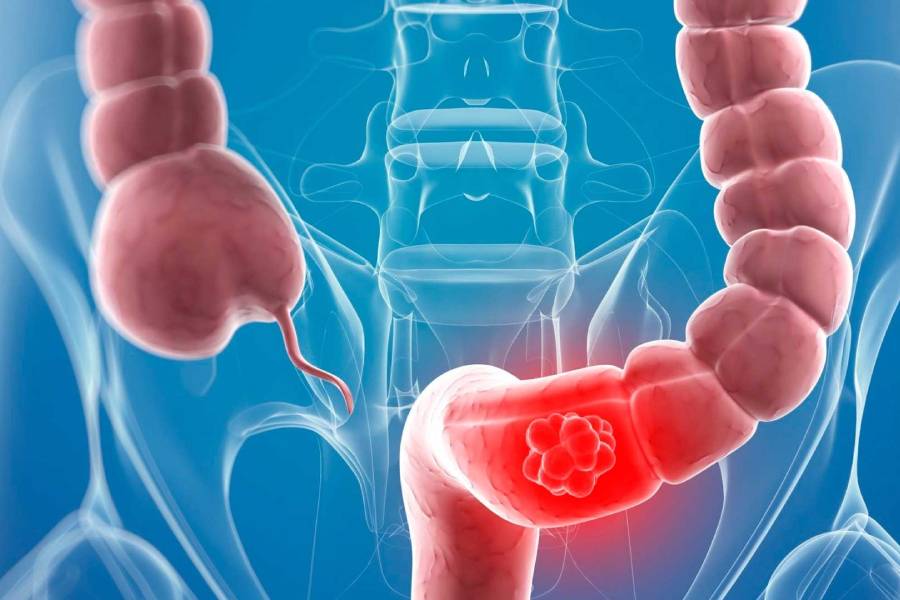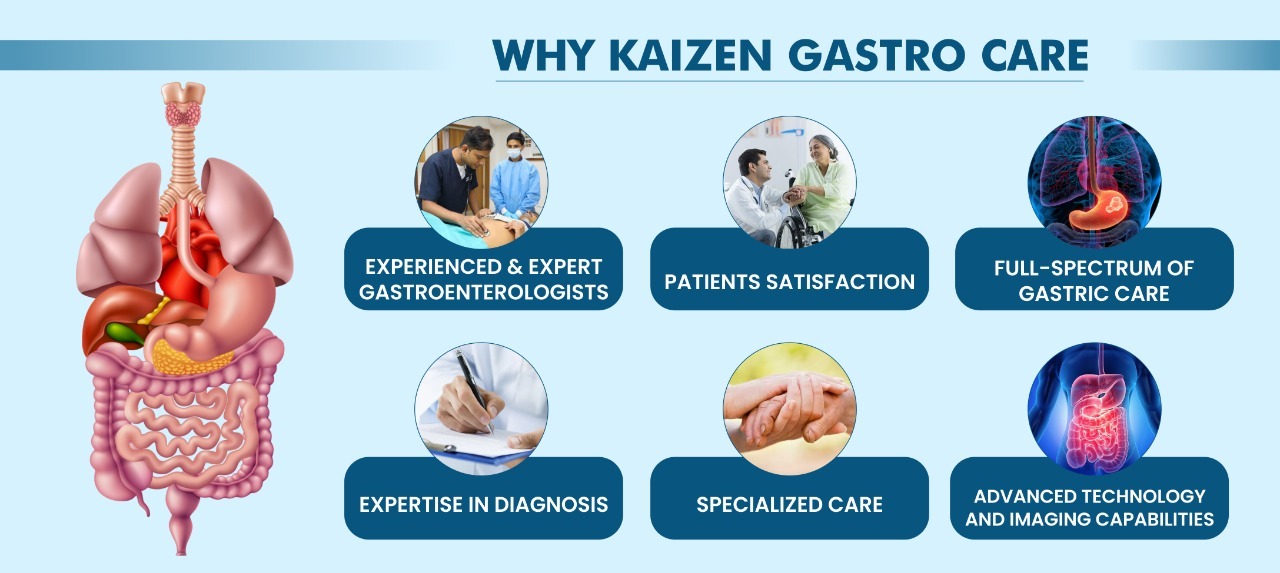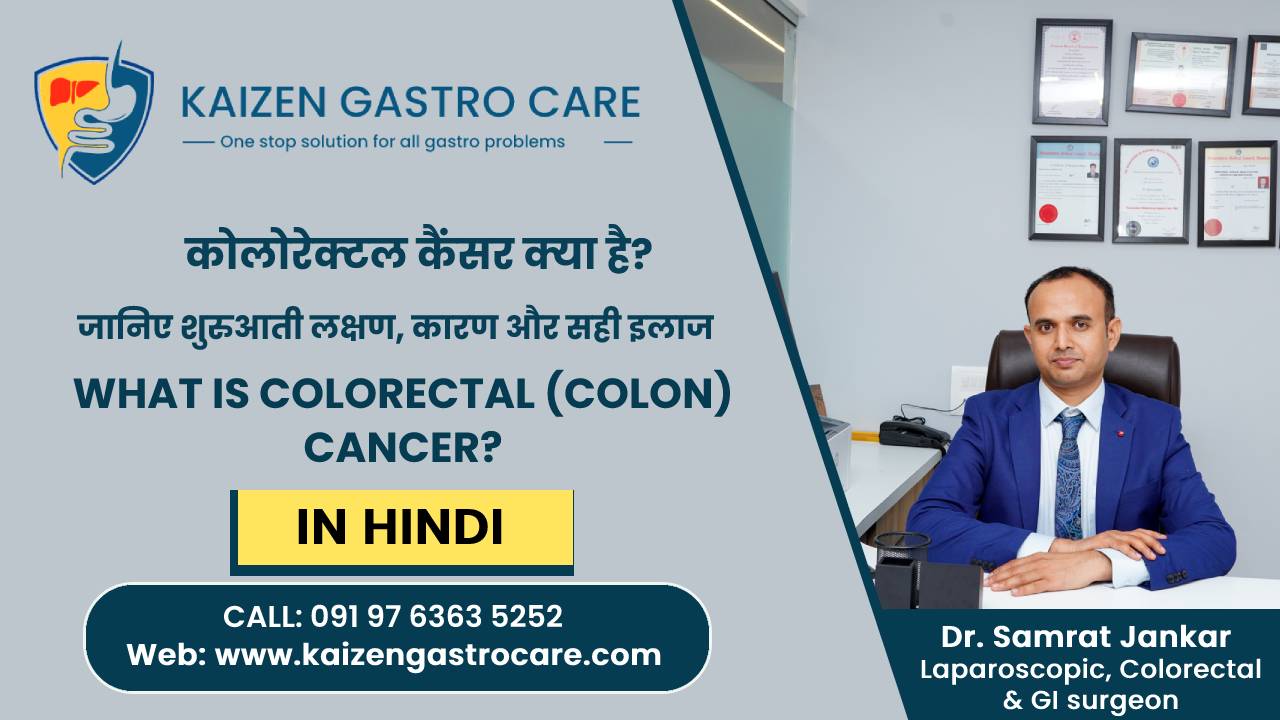Colorectal surgeries are procedures that are done to correct a damaged or diseased section of your lower intestinal tract. This may be a result of cancer, a malformation, another disease process, or some sort of injury or infection. Colorectal surgeries can be done using a variety of surgical techniques. the best colorectal surgeon in Pune will work with you to decide which option is best given your overall health and specific medical condition.
Laparoscopic and robotic surgeries have the lowest rate of complications, but open surgeries—where a large cut is made in the abdomen—are still required in some more complicated cases.

If you are having laparoscopic colorectal surgery, it will be done as an inpatient procedure, and you can anticipate several days in the hospital based on how well you recover. The following steps may be taken to prepare you for surgery.
- Prophylactic antibiotics to prevent post-operative infections.
- Bowel preparation with a solution to help you clear your intestines before surgery.
- Anticoagulation to prevent post-operative blood clots.
These surgeries may be performed in both adults and children, although they are more common in adults. Some of the most common reasons for needing colorectal surgery are cancers of the lower gut, but there are noncancerous reasons, as well as emergency reasons, for these surgeries, too.
Purpose of Colorectal Surgery:
Various Surgery Techniques:
There are several ways colorectal surgery may be performed. Below is an overview of the techniques most often used, and in which situations.
- Laparoscopic Surgery: This is the most common method for colorectal surgery and the one preferred by many healthcare providers. It requires only one incision in most cases, and most of the surgery is done with minimally invasive tools including a camera and surgical instruments operated remotely by the surgeon. Laparoscopic surgery takes longer than traditional, open procedures, but evidence has shown that this option provides better recovery and fewer postoperative complications. This option isn’t for everyone, though. People who have other organ involvement—like adhesions that spread to neighboring organs—or who have had multiple abdominal surgeries already are not usually candidates for laparoscopic surgery.
- Robotic Surgery: Robotic surgery is another minimally-invasive option. Robotic surgery and laparoscopic surgery have a lot in common, with both using cameras and surgical tools through single or minimal incisions. This option also provides improved healing and reduced complications after surgery, in most cases. Robotic surgery offers a bit more precision than laparoscopic surgery though, providing the surgeon with a clearer, more detailed view of the surgical area, and more control of the surgical tools.
- Open surgery: Open surgery is usually performed when minimally invasive techniques won’t work. This could happen when there is too much damage or too large of an area to repair with laparoscopic or robotic surgery. When the surgeon needs to see a larger area to complete the procedure.
What You Can Expect in Colorectal Surgery?
What happens after colectomy surgery?
- Monitored for any signs of complications from the procedure.
- Gradually weaned from your pain medication.
- Fed with a liquid diet or soft diet.
- Waiting for your bowels to begin functioning again.
- Wound care
- Ostomy care
- Dietary advice

Kaizen Experts Videos:

What is Colorectal (Colon) Cancer?
कोलोरेक्टल कैंसर क्या है? जानिए शुरुआती लक्षण, कारण और सही इलाज
Request a Call Back:
Kaizen Gastro Care team has a dedicated and caring approach and will seek to find you the earliest appointment possible with the correct specialist for your needs. For more information about our comprehensive treatment options, or to request an appointment with the best gastro care clinic in Pune. Call us on 9763635252 or Book an online Appointment.
